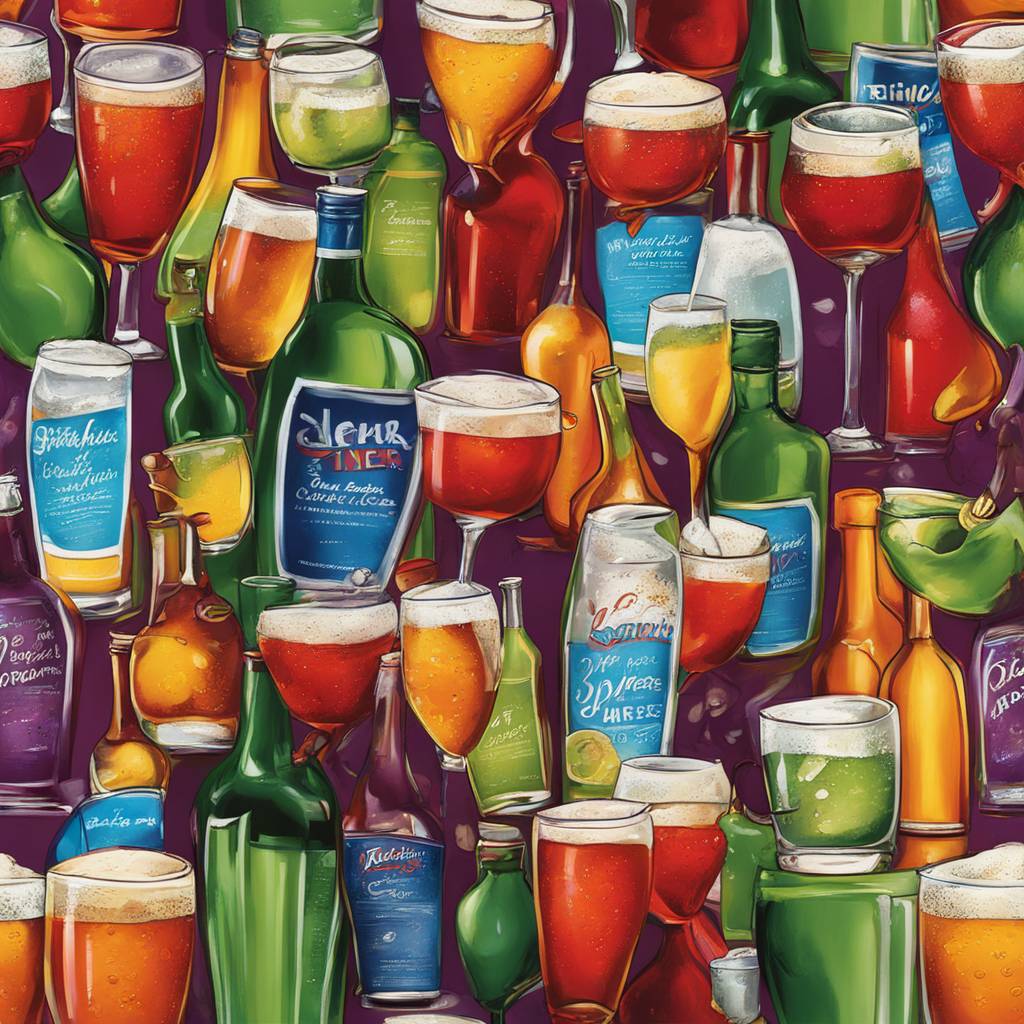Older Americans are increasingly turning to alcohol as a coping mechanism, leading to a surge in alcohol-related deaths in this demographic. The social acceptance of drinking in previous generations has contributed to the normalization of excessive alcohol consumption among older adults. A lack of awareness of the hazards of alcohol, particularly in higher doses, is also a factor. The impact of alcohol on the aging body is more severe, with consequences ranging from slower cognitive function to increased risks of various diseases.
The pandemic has exacerbated the issue, with stressors such as isolation and fears of illness driving older adults to drink more. Boomers, in particular, are a generation that has traditionally used substances, and they continue to do so as they age. Studies have shown that older women, in particular, are increasing their alcohol consumption at a faster rate than men. Despite stereotypes, it is often educated, upper-middle-class individuals who have higher rates of drinking, potentially due to normative drinking cultures in the workplace and increased disposable income.
While older adults may argue that they are simply drinking as they always have, the effects of alcohol on their bodies are more pronounced. Alcohol can exacerbate existing health conditions, interact with prescription medications, and increase the risk of falls and accidents. Raising awareness of these risks and implementing interventions, such as increasing the federal tax on alcohol and improving access to treatment, are potential strategies to address alcohol misuse among older adults. Treatment options for excessive alcohol use are effective, and age is actually a predictor of a positive response to interventions.
Dean Nordman’s story serves as a cautionary tale of the dangers of unchecked alcohol consumption in older adults. Despite never seeking treatment for his drinking, moving into a nursing home and being cut off from access to alcohol improved his quality of life in his final years. His son, Doug Nordman, who had struggled with alcohol himself, recognized the need to make a change after witnessing his father’s decline. He has been sober since that life-altering phone call 13 years ago and hopes to raise awareness of the risks of alcohol use among older adults.
As the baby boomer generation continues to age, there is a growing concern about the impact of alcohol use on the health and well-being of older adults. Efforts to address this issue, such as increasing awareness of the risks, improving access to treatment, and implementing strategies to reduce alcohol consumption, are essential to safeguard the health of older Americans. By raising awareness and providing support for individuals struggling with alcohol use, it is possible to prevent further tragedies and improve the quality of life for older adults in the future.








